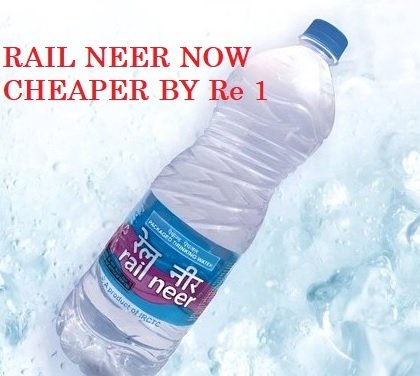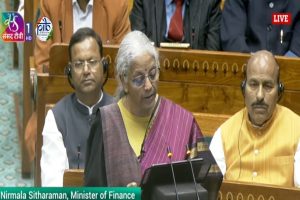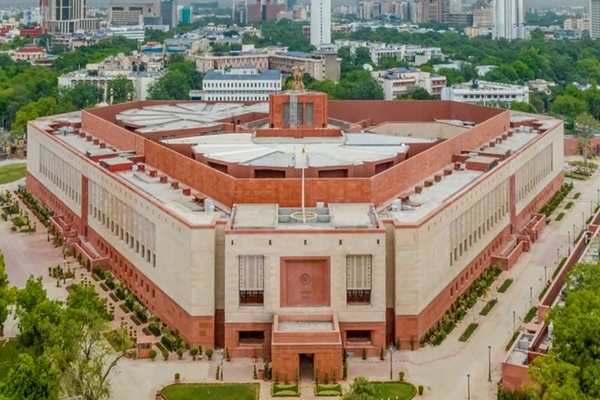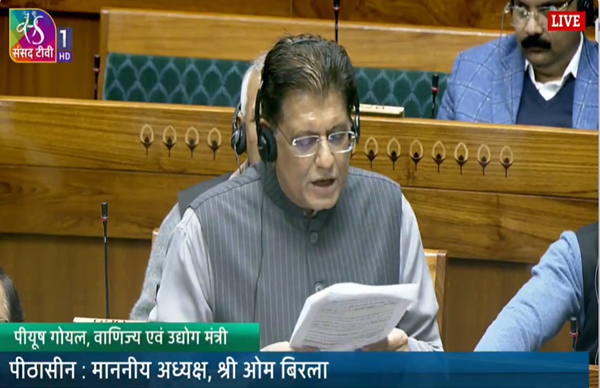
Last Updated on September 22, 2025 12:46 am by BIZNAMA NEWS
Andalib Akhter / New Delhi
The Ministry of Railways has announced a revision in the maximum retail price (MRP) of “Rail Neer,” the official packaged drinking water sold on Indian trains. Effective September 22, 2025, the price of a one-litre bottle will be reduced from ₹15 to ₹14, and a 500 ml bottle from ₹10 to ₹9. This change also applies to other approved brands sold on railway premises.
While the move is intended to benefit consumers, it has sparked significant debate among passengers and industry observers who fear it will lead to more corruption and overcharging rather than savings. Critics argue that the new, odd-numbered price points will be difficult to manage for vendors and could lead to passengers being short-changed.
A frequent traveler, who wished to remain anonymous, commented, “This is utter nonsense and would breed corruption. My experience is, the shopkeepers and vendors don’t sell Neer water below ₹20, saying they have no change to pay back. Now, an odd amount of ₹14 would help them earn an extra rupee, and no benefit would pass on to the consumer.”
Another passenger echoed this sentiment, stating, “Stop this joke. Do you think customers on trains will get ₹1 back from pantry staff? No! Staff will keep it. Customers won’t bother to fight or complain for ₹1. You need to ensure approved brands are sold without duplicates and overcharging, not this.”
For years, passengers have complained about being forced to pay more than the official MRP for bottled water and other goods on trains, with vendors often citing a lack of change as an excuse. This new pricing structure, critics believe, may institutionalize this practice, as the single rupee difference becomes a de facto tip or an unrecoverable amount for the passenger.
While the Ministry of Railways has not yet responded to these concerns, the circular’s intent—to provide financial relief to travelers—is being questioned on the grounds of practical implementation. The real test will be whether the new prices are actually passed on to the millions of passengers who rely on these services daily.








